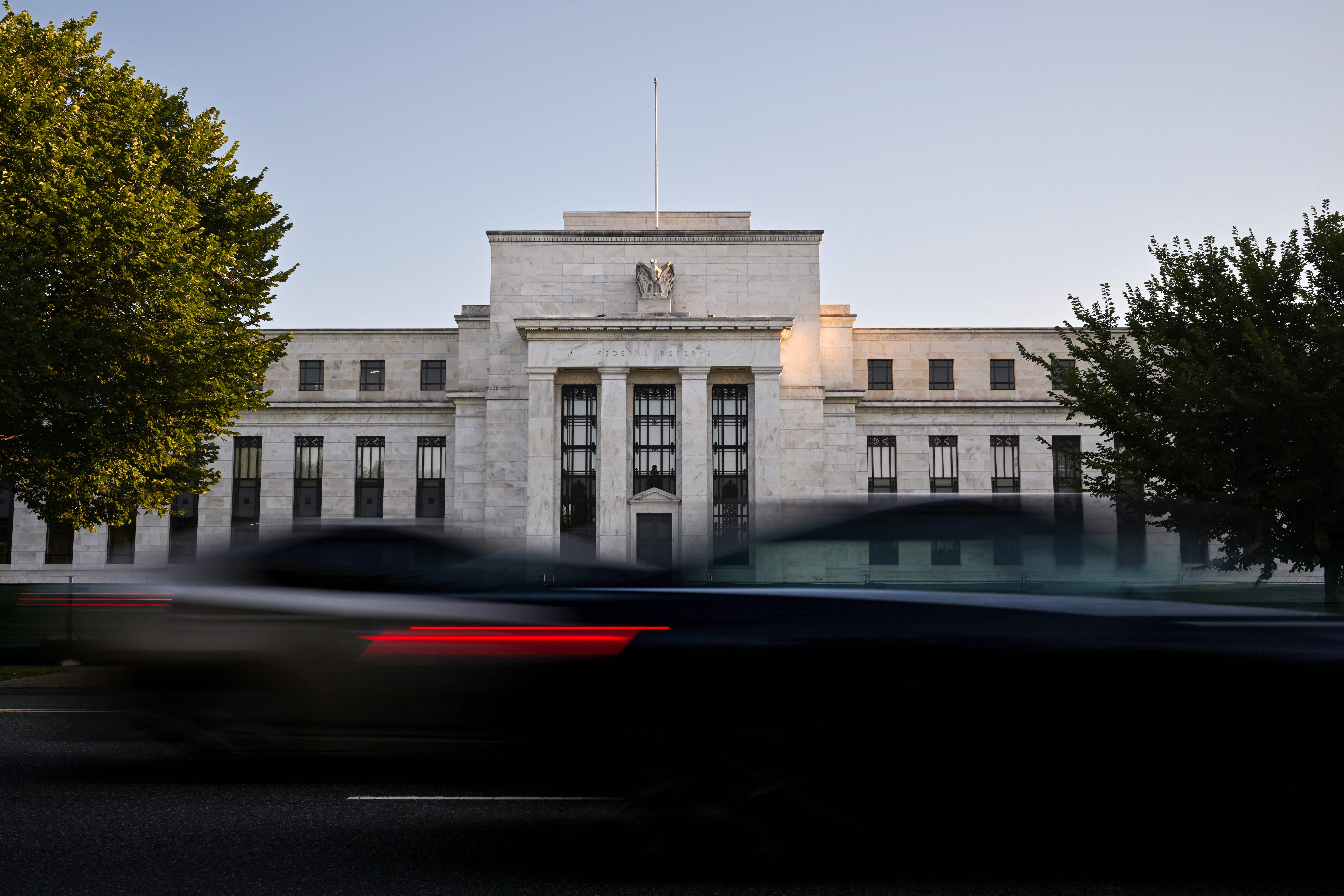

The decision, while not unanimous, brings the US Federal Reserve in line with other financial regulators, and answer calls for a supervisory framework.
US civil society groups marked a victory on Friday, after the US Federal Reserve announced a consultation on how large banks should manage climate-related risks.
The proposal would require banks with more than $100bn in assets to consider climate-related financial risks. The guidelines incorporate elements of the recommendations of the Task Force on Climate-related Financial Disclosures covering governance, strategic planning, risk management, data and scenario analysis, among others.
In October, nine non-governmental organisations, including Americans for Financial Reform and Public Citizen, issued a letter and a petition signed by 60,000 Americans, calling on the Fed’s board of governors to issue principles for managing climate-related financial risks for large banks under its supervision.
Boston-based NGO Ceres has also been advocating for US federal financial regulators, including the Fed, to integrate climate-related financial risk into their work. Last year, Fed governor Lael Brainard reportedly called for the integration of climate-related risks in bank supervision, complaining it was falling behind its peers.
The announcement was not without obstacles, with one Fed board member dissenting, and another expressing reservation. Fed governor Christopher Waller voted against the proposal, saying while “climate change is real”, he disagreed with the premise that it poses “a serious risk to the safety and soundness of large banks and the financial stability of the United States”. He added that the Fed’s regular stress tests on large banks consider “extremely severe macroeconomic shocks” and show that lenders are resilient.
Meanwhile, governor Michelle Bowman, who supported the plan, said the board should consider “the costs and benefits of any new expectations”.
The move will bring the Fed in greater alignment with other US financial regulators on climate change, with the Federal Deposit Insurance Corporation and the Office of the Comptroller of the Currency proposing their own plans on climate risk. According to Ceres, this is particularly important, given the role that banks play in the US and the global economy.
Lukasz Krebel, an economist at London-based think-tank New Economics Foundation, said it was good that the Fed was “finally doing something on climate”, but that basing its proposals on TCFD guidelines was “very elementary” and far short of what is required.
He added that the move was “super late”, given that the TCFD issued similar recommendations five years ago, and other central banks such as the Bank of England and the European Central bank, as well as issuing guidance, have now begun adjusting their policy operations.
The BoE and the ECB, and other central banks such as the Banque de France and the Netherland’s DNB, supervise the climate-related risks of banks and other financial institutions to varying degrees. On Friday, Malaysia’s central bank also released a policy document on climate risk management and scenario analysis for financial institutions.
Krebel added that the BoE and the ECB had begun greening their corporate sector purchasing programmes in recent months. He said while he expected the Fed’s proposals to go through, there would be some pushback, and noted that Fed vice chair for supervision nominee Sarah Bloom Raskin, known for her progressive views on climate, was forced to step away following a campaign against her earlier this year.
The Fed proposal will be open for public comment for 60 days.
Similar Articles

UK government may lack data to monitor biodiversity net gain policy, warns watchdog

Sustainability practitioners struggling with ‘scale and scope’ of CSRD


